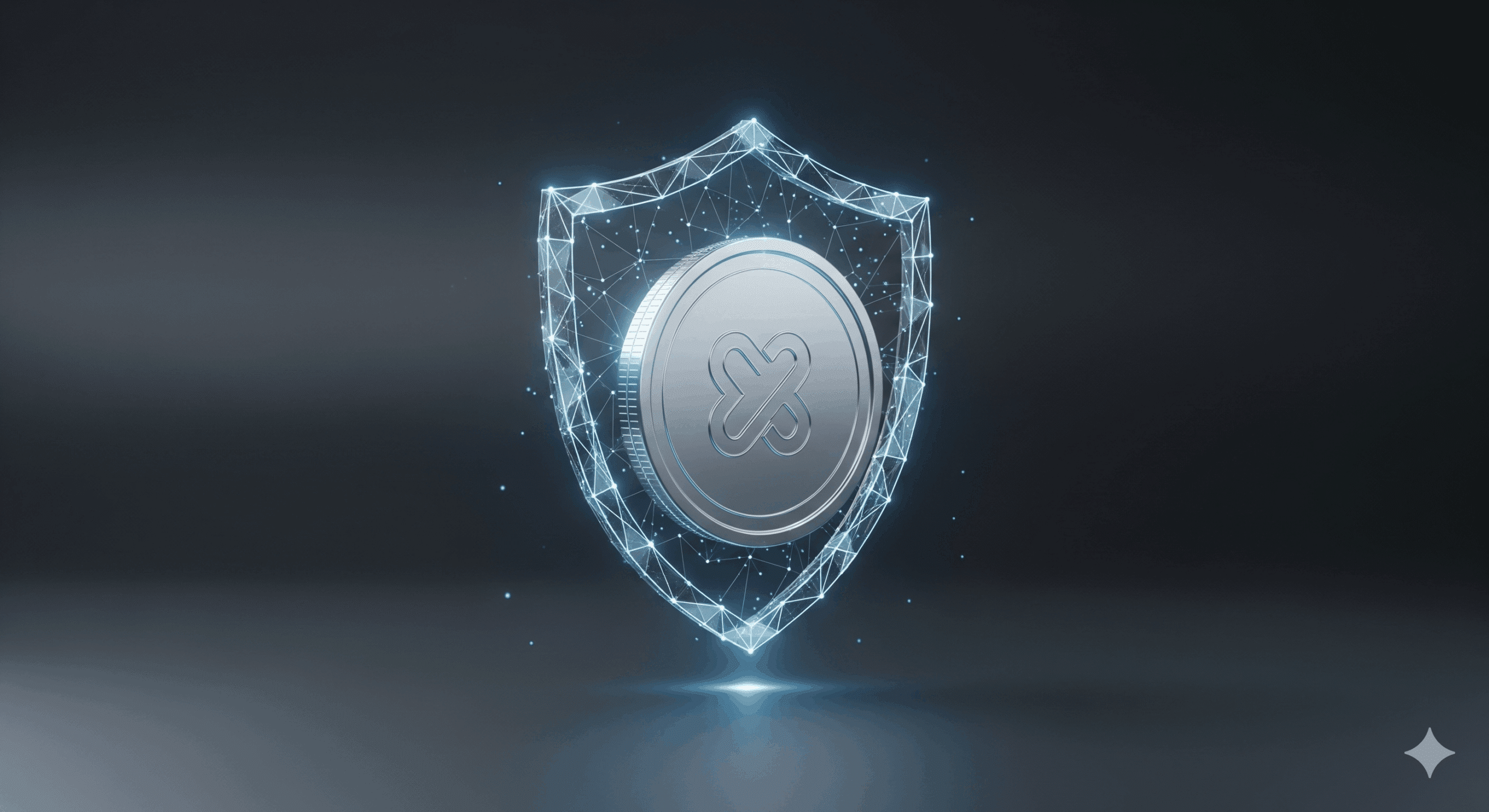A Simple Guide to Crypto Wallet Security

Trading
In the decentralized world, your wallet is not just a container for your assets; it is your fortress. For serious crypto holders, security is not a one-time task—it's a multi-layered strategy that must be continuously fortified.
This guide moves beyond the basics to provide an in-depth framework for protecting your digital wealth.
The Core Philosophy – Tiered Security
A one-size-fits-all approach to security is a recipe for disaster. Instead, adopt a tiered security model based on the value and purpose of your holdings.
Tier 1: Hot Wallets (For Immediate Use)
The best hot wallets are suitable for small-scale trading, daily transactions, and accessing decentralized finance (DeFi) protocols. These wallets are internet-connected and vulnerable. Use them only for a minimal amount of funds you are prepared to lose.
Analogy: This is your physical wallet with a small amount of cash for the day.
Tier 2: Hybrid Wallets (For Mid-Term HODLing)
Holding a significant portion of your assets for medium-term strategies or future transactions. This tier often involves a combination of a reputable software wallet and advanced security practices, like a dedicated, clean device.
Analogy: This is your locked briefcase with extra funds, kept in your home.
Tier 3: Cold Storage (For Your Life Savings)
Long-term storage of your primary crypto portfolio. This is your "vault." A physically isolated, offline device (hardware wallet) is non-negotiable for this tier. The goal is to eliminate all online attack vectors.
Analogy: This is your bank vault, where the bulk of your wealth is stored, accessible only by you.
The Seed Phrase and Passphrase
Your seed phrase is the key to your crypto universe. Its security is paramount.
Advanced Seed Phrase Protection (BIP39)
The Problem with Paper
Paper is vulnerable to fire, water, and simple wear.
The Solution is Physical Hardening
Consider using a metal seed phrase backup. These plates are fireproof, waterproof, and durable. You can find them from reputable brands like Cryptosteel or Billfodl.
The Passphrase (The 25th Word)
Most hardware wallets support an optional 25th word (passphrase) to your 24-word seed phrase. This is a user-defined word that creates a new wallet from your existing seed phrase.
Even if someone finds your 24-word seed phrase, they cannot access your funds without the passphrase. This creates a "decoy wallet" with a smaller amount of funds to throw off an attacker. This is an essential layer of security for high-value portfolios.
How to Mitigate Advanced Threats
Standard security is not enough to protect against sophisticated attacks.
- Supply Chain Attacks: Exercise extreme caution when purchasing hardware wallets. Always buy directly from the manufacturer or an authorized reseller. A compromised device, if sold by an attacker, could contain backdoors that expose your funds. Always check the tamper-proof packaging upon arrival.
- Social Engineering & SIM-Swapping: A hacker can trick a mobile carrier into porting your phone number to their device (SIM-swapping), allowing them to intercept text-based 2FA codes.
- Never use SMS for 2FA. Use an authenticator app (like Google Authenticator or Authy) on a separate, dedicated device. For high-value accounts, consider using a physical security key (like a YubiKey).
- Malware & Man-in-the-Middle Attacks: Sophisticated malware can monitor your clipboard. When you copy a wallet address, the malware automatically replaces it with the attacker's address.
- The Fix: Always manually verify the first and last four characters of the wallet address. This simple habit is your last line of defense against this subtle but devastating attack.
- Multi-Signature (Multi-Sig) Wallets: For organizations or individuals with extremely high-value assets, multi-sig wallets offer the ultimate security. These wallets require multiple private keys to authorize a single transaction.
For example, a "2-of-3" multi-sig wallet requires two out of three designated private keys to sign a transaction, making it impossible for a single point of failure to compromise the funds.
Security is a Process, Not a Product
Crypto wallet security is not a set-it-and-forget-it task. It requires an ongoing commitment to diligence. Review your security practices regularly, stay informed about new threats, and assume that your devices are not 100% secure.
By building a robust, tiered strategy and adopting these advanced practices, you can confidently navigate the crypto landscape and protect the wealth you've worked hard to build.



